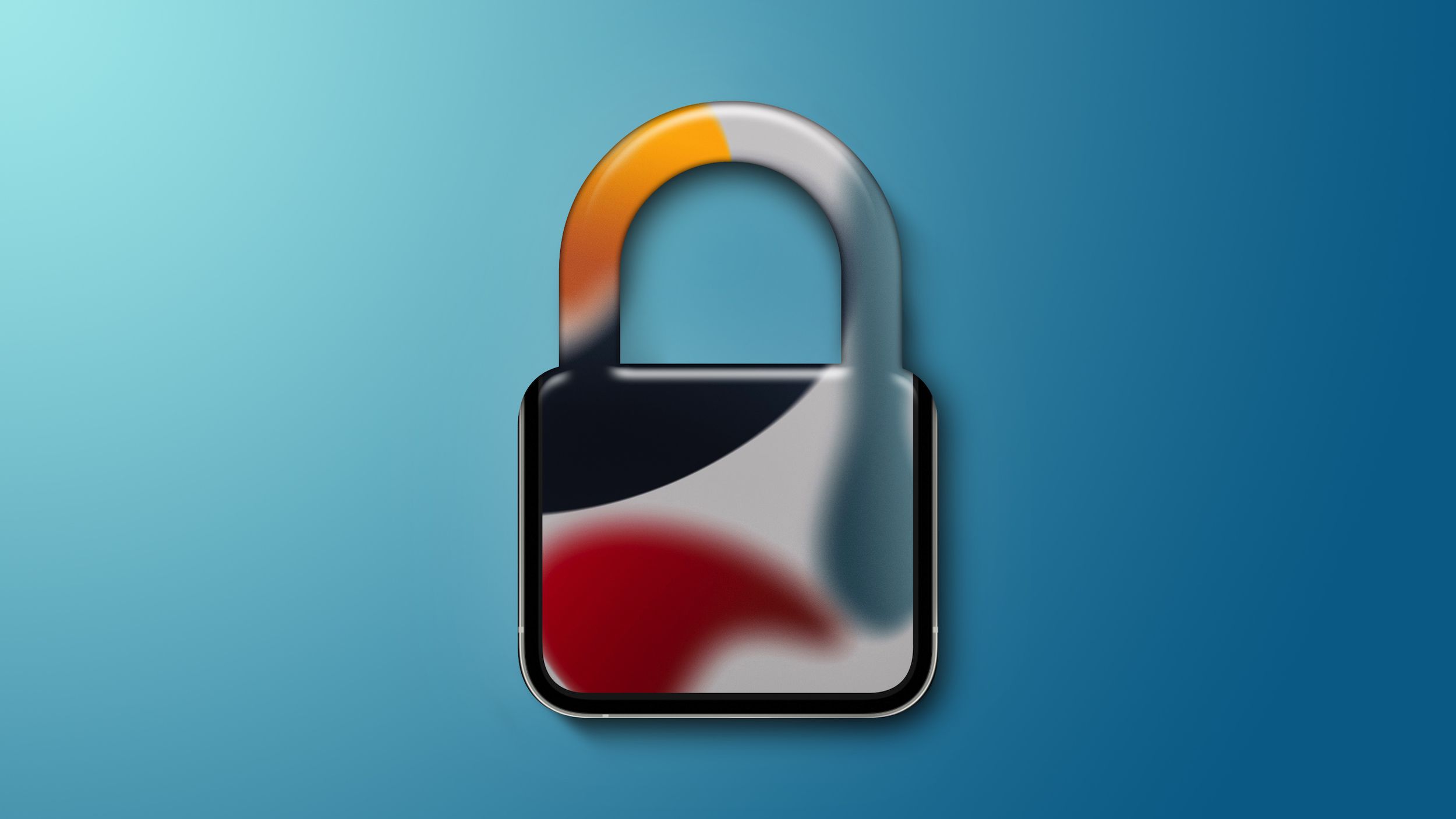Gandalf_The_Grey
Level 85
Thread author
Verified
Honorary Member
Top Poster
Content Creator
Well-known
Forum Veteran
Proof-of-concept exploit code for three iOS zero-day vulnerabilities (and a fourth one patched in July) was published on GitHub after Apple delayed patching and failed to credit the researcher.
The unknown researcher who found the four zero-days reported them to Apple between March 10 and May 4. However, the company silently patched one of them in July with the release of 14.7 without giving credit in the security advisory.
"When I confronted them, they apologized, assured me it happened due to a processing issue and promised to list it on the security content page of the next update," the researcher said earlier today. "There were three releases since then and they broke their promise each time."
"Due to a processing issue, your credit will be included on the security advisories in an upcoming update. We apologize for the inconvenience," Apple told him when asked why the list of fixed iOS security bugs didn't include his zero-day.
Since then, all attempts made to get an explanation for Apple's failure to fix the rest of these unpatched vulnerabilities and for their refusal to credit them were ignored.
"All this information is being collected by Apple for unknown purposes, which is quite disturbing, especially the fact that medical information is being collected," the researcher said, referring to the analyticsd zero-day silently patched in iOS 14.7.
"That's why it's very hypocritical of Apple to claim that they deeply care about privacy. All this data was being collected and available to an attacker even if 'Share analytics' was turned off in settings.
"My actions are in accordance with responsible disclosure guidelines (Google Project Zero discloses vulnerabilities in 90 days after reporting them to vendor, ZDI - in 120). I have waited much longer, up to half a year in one case," the researched added.
Other security researchers and bug bounty hunters have also gone through a similar experience when reporting vulnerabilities to Apple's product security team via the Apple Security Bounty Program.

